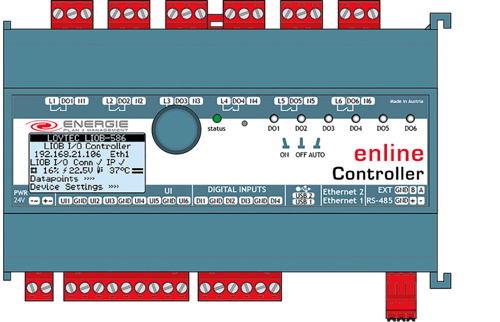Why does load management make sense?
Load management makes sense for various reasons, offering both ecological and economic benefits:
- Reduction of energy costs
- Relief of the power grid
- Environmental protection
- Optimization of the energy supply
- Increasing operating efficiency
- Improving the ability to plan
Overall, load management helps to increase energy efficiency, reduce costs and protect the environment. It offers both short-term and long-term benefits for consumers, companies and society as a whole.


